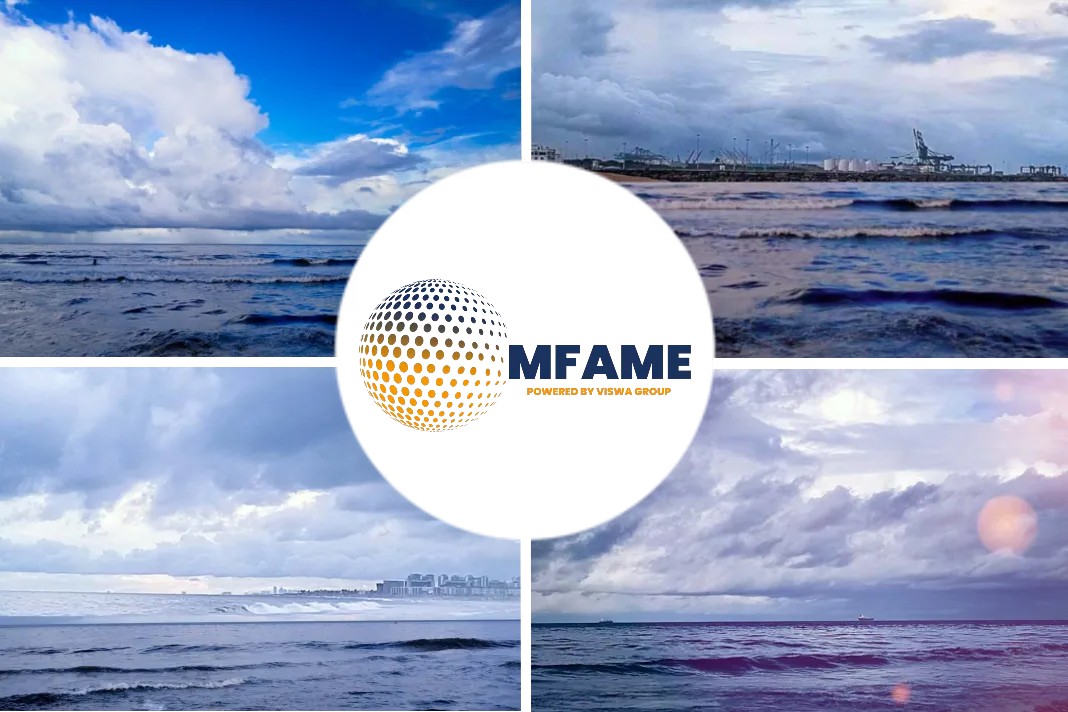
Leading global retailers pushing for zero-emission shipping could help speed up the transition to cleaner marine fuels, co-founders of the Ship It Zero campaign told ENGINE.
Stalled Efforts
A recent report published by Ship It Zero, an environmental campaign advocating for emissions reductions in the shipping sector, found that global retail giants had made no significant progress in reducing emissions from their shipping operations.
The Ship It Zero campaign is spearheaded by
- environmental non-profits like US-based Pacific Environment
- Stand.earth
- climate activists across the shipping
- retail sectors.
Ship It Zero
Its inaugural report evaluated cargo companies
- Mediterranean Shipping Company (MSC),
- Cosco,
- Hyundai Marine Merchant (HMM),
- A.P. Moller-Maersk,
- CMA CGM,
- Hapag Lloyd,
- Ocean Network Express (ONE),
- Evergreen,
- Yang Ming,
- Pacific International Lines (PIL).
Ocean shipping emissions must plateau by 2025 before decreasing thereafter to limit global warming to 1.5°C, Stand.earth’s shipping campaigns director, Kendra Ulrich, explained. “Both cargo owners and cargo carriers must act now to achieve the reductions that are so urgently needed, even as the shipping sector continues to grow,” she added.
Demand-Driven Green Transition
“The clearest incentive is demand,” Ship It Zero lead at Pacific Environment, Eric Leveridge told ENGINE.
“We want retailers to be loud and clear with their desire for zero-emission shipping, particularly given that the vast majority of companies have decarbonization goals at a companywide level. As demand for these offerings increases, then carriers can respond with the investments necessary to begin making an impact at the industry level,” argued Leveridge.
Methanol to Hydrogen
Leveridge deemed green methanol a short-term solution but harboured hopes for ammonia and hydrogen in the long run if production could be scaled up. “We do not, however, endorse the use of liquified natural gas (LNG), as it is still a fossil fuel and produces methane, which has even more damaging warming potential than CO2,” he said.
Ocean shipping will require multiple solutions to achieve net-zero emissions, according to Ulrich. “There is no one single fuel that will replace all fossil fuels in the maritime sector.”
Did you subscribe to our daily newsletter?
It’s Free! Click here to Subscribe
Source :ENGINE















